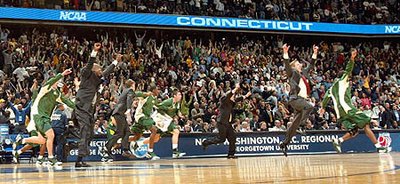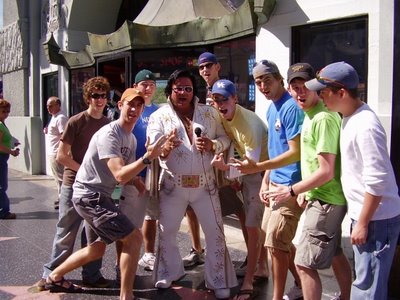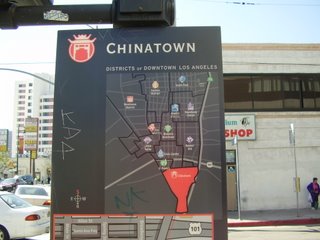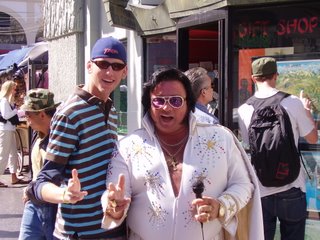It's Not Like the Movies
I just had the opportunity to hear Professor Stephen Carter of Yale Law School speak during the ACU Centennial Speaker Series.
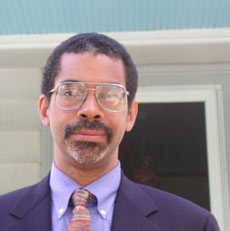
One of the strongest points that Carter made during his speech, and one that he has made for many years as the author of numerous books and articles on the topic of civility and integrity in American life, is that a democracy is not defined by the fact that we are able to vote for politician or party that we support, but when we vote, we are willing to lose.
As Carter noted,when Bill Clinton won the 1992 Presidential election, George H.W. Bush did not refuse to leave the White House, but instead participated in the inaugural ceremonies, because one of the hallmarks of democracy is having the explicit knowledge that our side could be defeated in an election and to still operate as a functional society.

Professor Carter also noted that the rise of vicious partisanship on our national political landscape has fundamentally changed how we interact with those whom we disagree. The word partisanship implies that above anything else "my side" must win. The most important thing is not necessarily the good of the nation, state, or collective body politic, but the elevation of one's political affiliations.
This does not mean the end of ideological discussions, but an acknowledgement that the ultimate end of political conversation is to bring all sides closer to an understanding of the common good and to put aside a needless scrambling over political power.





















